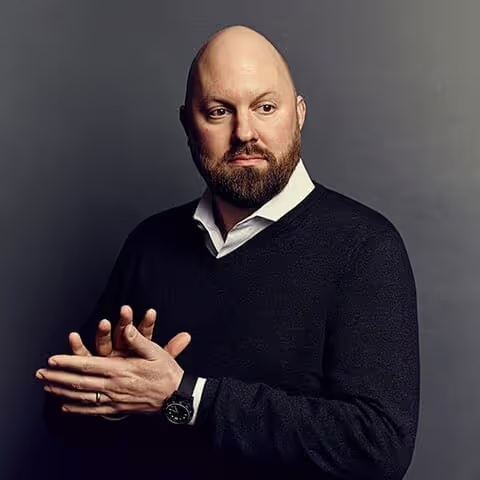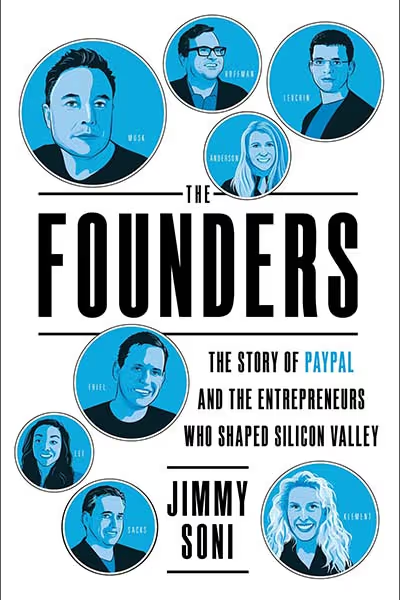The Machinery of Freedom: Guide to a Radical Capitalism
This is the Third Edition of David D. Friedman's landmark 1971 book on libertarianism, revised and updated from the Second Edition published in 1989. It depicts and praises a society founded on individual private property rights and the ability to freely consent to cooperative undertakings. Based on these fundamental ideas, the best government is the one that rules the least.
This book shows why and precisely how to privatise the State; how private property is the most basic of human rights and trade of one type or another the basis of all human cooperation; distinguishes anarchy from chaos; provides the clearest, simplest, and best brief on law and economics ever written; and sets out the deeply moral basis of libertarianism—claims to the contrary by those who mistake libertarianism for the creed of Dr. Pangloss or extreme Benthamism notwithstanding.
The Machinery of Freedom has been lauded by Nobel laureates and popular writers alike (James M. Buchanan, Jerry Pournelle). "In spite of popular myths about capitalism oppressing the poor, the poor are worse off in those things provided by government...There are more good cars in the ghetto than good schools." On the economic agency problem: "Special interest politics is a straightforward game." A hundred individuals sit in a circle, each holding a pocketful of pennies. A politician travels around the circle, collecting a penny from each participant. Nobody cares; what does a penny matter?
When the politician has completed the circle, he tosses fifty cents in front of one individual, who is pleased at the windfall. The process is continued until a different person is reached. Everyone is a hundred cents poorer, fifty cents wealthier, and pleased after a hundred rounds." On getting money the old-fashioned way: "Greedy capitalists gain money through commerce." "Good liberals take it." On the inadequacies of complex system accountability: "A paradise that will only operate if filled by saints is a risky vision; there are not enough saints." Such a vision...we followed it, and it brought us to where we are now."
When the politician has finished going around the circle, he tosses fifty cents in front of one individual, who is pleased at the windfall. The process is repeated, but this time with a different person. After a hundred rounds, everyone is a hundred cents poorer, fifty cents wealthier, and pleased." "Greedy capitalists acquire money via commerce." "Good liberals steal it." "A paradise that will only succeed if filled by saints is a risky vision; there are not enough saints." Such a vision...we followed; it brought us to where we are now."






















































